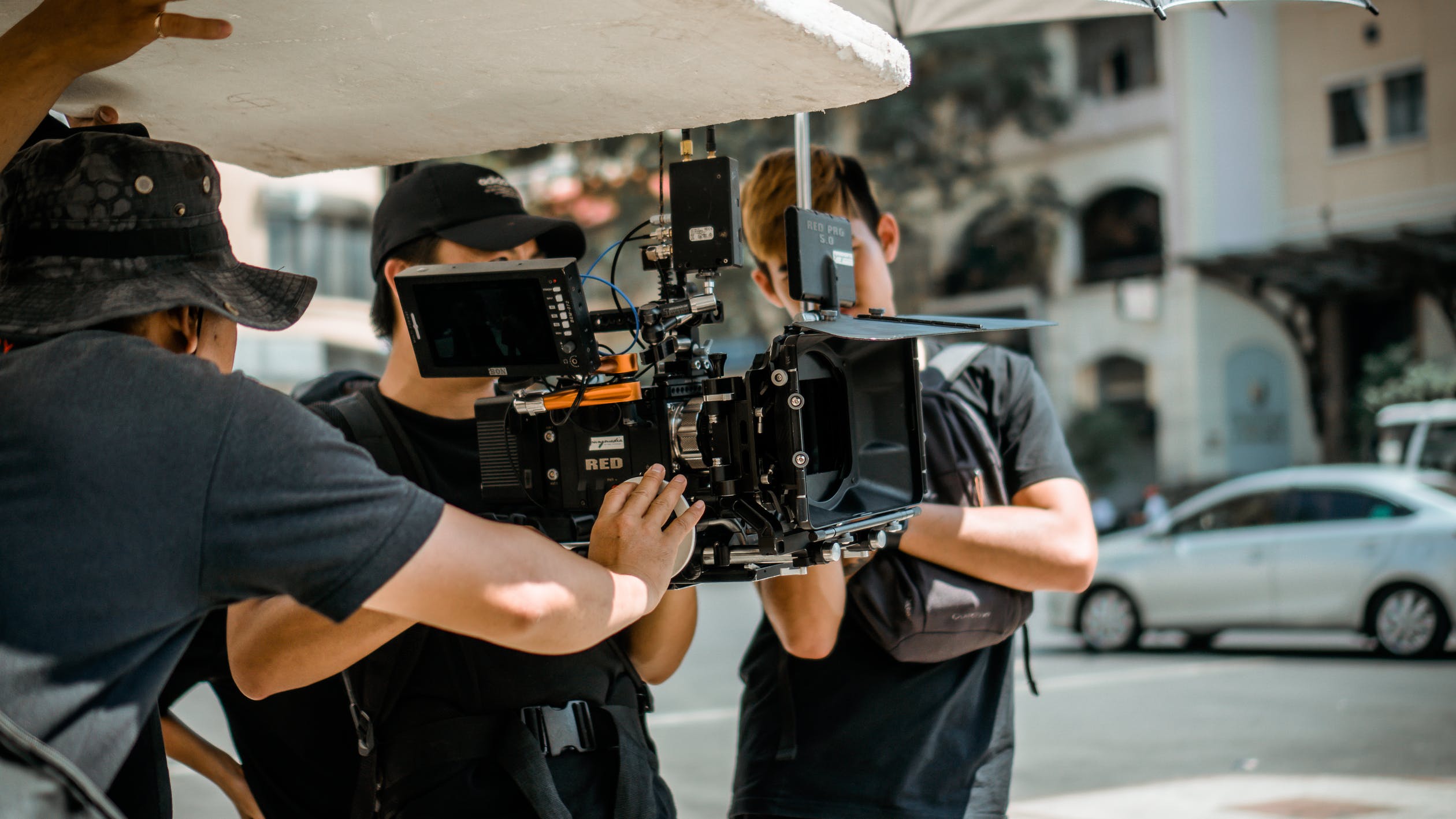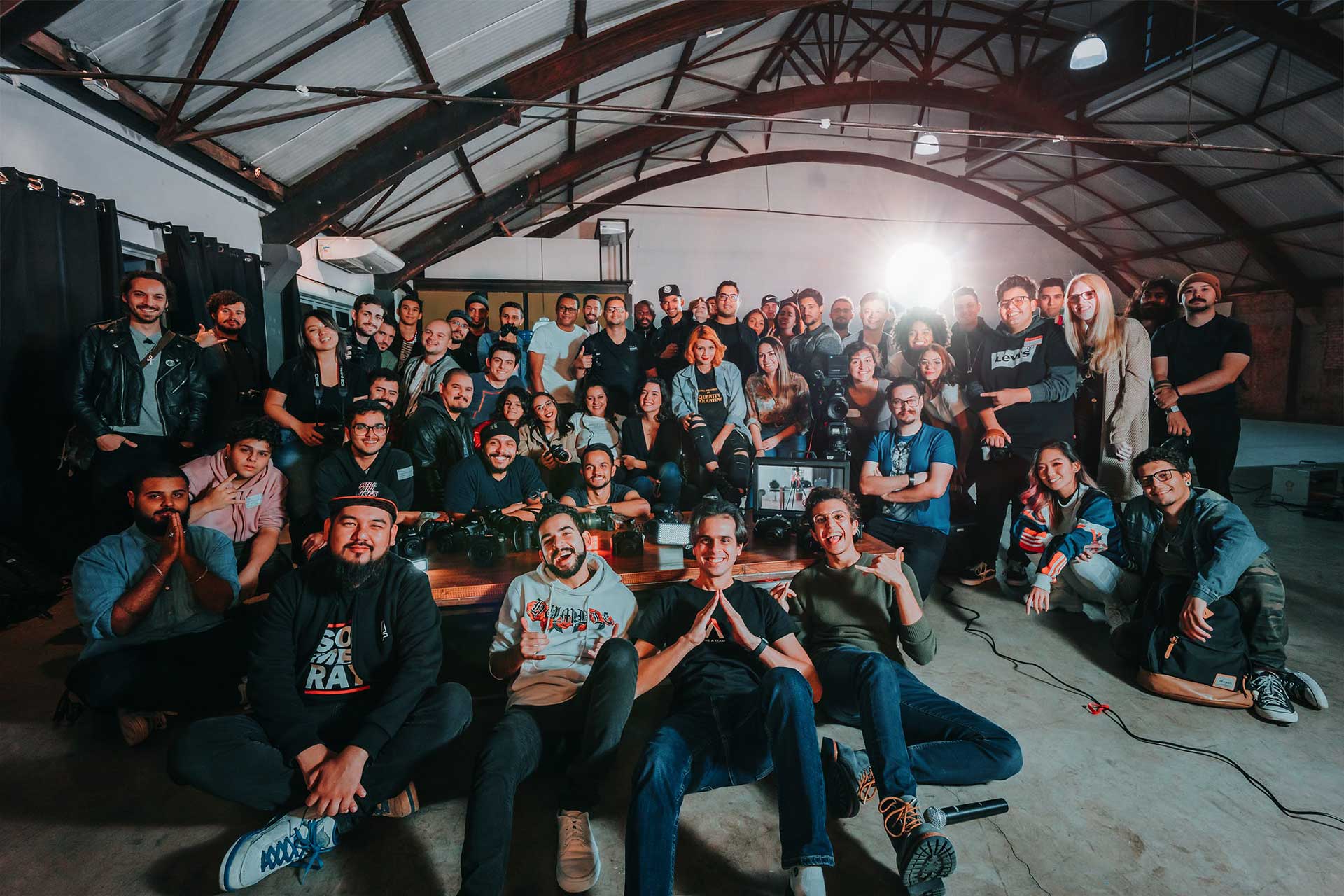Everyone wants to work for a studio. They’ve dominated motion picture and TV production since the 1930s. Making movies and TV requires a lot of capital and access. They have countless awards and they make boatloads of money.
To be fair, that’s not entirely true, especially these days. Some people like to work independently. But for the most part, everyone wants to make studio films.
If you’re a new filmmaker who’s never worked with a studio before, you’re probably wondering what that’s like. There’s a lot more to it than red carpets and fancy parties. In this article, I’ll give you a glimpse of what it’s like to make a film for a studio.
Getting Into a Studio
First, let’s talk about getting into a studio. There are only two ways to work with a studio:
Acquisitions
This is when you make a movie using private equity (or maybe a negative pickup, but these are rare these days) and a studio acquires it at some point. Maybe they saw it at a festival or maybe you already have an existing relationship at the studio (another reason networking is so fucking important in Hollywood). Once the studio buys it, they push it through any remaining post production, marketing, and distribution to exhibitors.
Development
This is when someone brings a piece of material to the studio (book, comic book, screenplay, etc.) to be developed into a film. Some executive gives it the green light, it moves into production, and it gets packaged with a director, writer, and actors. The studio hires a line producer and production accountant (their people, not the filmmaker’s people) and production starts. Finally the studio handles the post production, marketing/advertising, and distribution.
Resources are Everywhere

When you work for a studio, you gain access to a massive suite of resources. You have every tool at your disposal. They studio wants you to make a great film, so they will open their toolbox for you (within reason).
For instance, if you make a film using private equity, your production office will probably have a production coordinator, assistant coordinator, and a couple of PAs.
On a studio film (say a $40-60 million picture), you’d get the production coordinator and assistant coordinator, along with five to six PAs, a travel coordinator, a secretary, and other people based on the film’s needs.
On an indie film, your grip and electric team would be one unit that goes with you everywhere. On a studio film, you’d have a secondary team (second unit or splinter unit) that lays cable and sets rigging ahead of production so the main unit can roll camera sooner and without having to wait for grip & electric to build the infrastructure to shoot.
You’ll see those kinds of differences in every department when you do a studio film. There’s just a shit load of people, equipment, and money available to work faster and create better content.
Say Goodbye to Entrepreneurship
Making an independent film is like being an entrepreneur. You do a lot of everything. You scout locations, storyboards, set the budget, hire the crew, etc. You handle all the parts until you make a sale (an acquisition or distribution deals).
But when you make a film for a studio, you’re more like an employee who does one thing. Everyone has a narrow role. You often don’t have to find distribution or market the movie. You don’t have to hire a transportation guy or find your grip/electric crew. The studio provides those things.
On one hand, this lets you focus on making a movie. On the other hand, it takes away a lot of your control. If you want something done one way, but the studio disagrees, chances are the studio is going to get their way. They might placate you once or twice when it doesn’t really matter to them, but they won’t let you change the film to placate your ego.
For instance, the studio is going to assign you a transportation captain. You don’t get to pick that person or control how they work. They’ll consider your input, of course, but ultimately you don’t control that person. The same goes for camera, grip, electric, wardrobe, set design, etc. On an indie film, they work for you. On a studio film, they work for the studio.
You Have NO Control
In most cases and especially in the current environment, the studio owns complete rights to the IP. They own everything and ultimately they will get their way. There’s no way around it. They have complete control.
And they will exert that control whenever they please. The studio’s presence in your film will scale with your budget. If you’re making a $200 million movie, you can bet your ass someone from the studio will be on set, approving or denying your decisions every step of the way.
Sure, you may get some profit participation, but the studio is still your key to marketing and distribution. If you make a film they don’t think they can sell, they’ll take the loss and shove your film into any release date.
If you don’t acquiesce to their demands, they’ll simply call your manager/agent and make it very clear that it’s time to play ball or get replaced. It’s their money and their system, so you have to play by their rules or risk your career. Be careful what you fight about and resist the urge to throw ultimatums around. Every producer is 100% replaceable. Even the actors, director, and writer have more leverage than you because changing those players can affect the movie the studio has in their head.
This is especially true for young filmmakers or if you’re working with a studio for the first time. Deliver what you sold to the studio and play by their rules as much as you can (in other words don’t a pain in the ass) or you won’t get another chance. The studios talk to one another, so a shitty attitude will get around town quickly.
Is it possible to retain some rights to the IP? Yes, and you should try to maintain a participation, but it is very unlikely especially after George Lucas made BILLIONS on Star Wars merchandise that Fox allowed him to keep because they thought it was a waste of time. It’s always best to own something if you can. You’ll have to figure out a way to create that ownership with the history of a few smart filmmakers of the past who have maintained rights at the detriment of the studio. Having a real participation definition is more likely (and even then the definition will screw you what it can).
Politics Galore

A movie studio is a world of silos. Each person exists in their own silo – a little fiefdom where they horde power and information. Each department has its own influencers and bellwethers.
You have to learn whose ass you need to kiss and who you should have dinner with. You’ll have to learn how to pacify those people so the final product doesn’t turn out like shit. Remember, even though they’re working on a film with you, you aren’t their boss.
Think of it like this: Studios aren’t in the business of making movies. They’re in the business of making minutes. They want to add minutes of content to their massive library so they have more product to sell.
You are in the business of making movies. What you want in your film is often different from what the studio wants. The marketing people want to promote the film one way. You want to promote it another way. These conflicts have to be resolved, which means coming up with ways to pacify each of those silos.
Most importantly, you need to appease the studio bureaucracy so you get jobs in the future. When you try to get another gig, each of those departments will get a call about you, so make sure they have something nice to say.
Also, keep in mind that studio people are highly skilled. They have lots of experience doing their one thing. Keep an open mind when they make suggestions. They know what works and what sells. They’re a resource just as much as the sound stage, trucks, and camera gear, so use them well.
Which is Right for You?
Ultimately, the process of making a studio film isn’t substantially different than making an indie film. The resources, people, and your relationship with your benefactor are the big differences, but the work is largely the same.
The only way to find out if working for a studio is right for you is to do it once and compare. Some filmmakers love the simplicity and access to resources. Others hate the oversight and lack of control. It’s up to you. Just make sure you have an unbiased ally in your corner helping you get the best deal.






